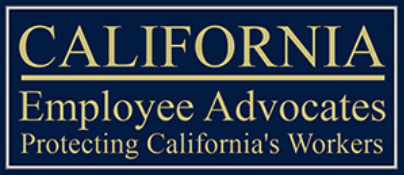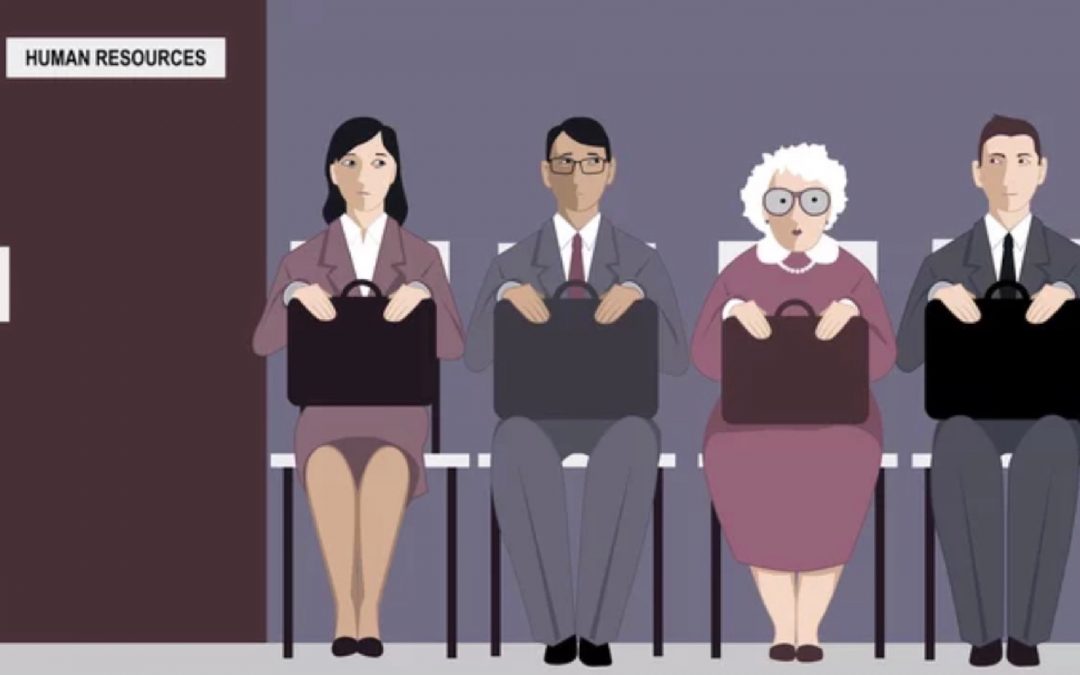California Law and How It Works
California employs the country’s largest and most diverse workforce, with slightly over 19.2 million civilian workers as of the last count. The sheer volume of employees and eclectic mixture of race, culture, and gender create an environment where employment discrimination can occur frequently and unnoticed. Therefore, in pursuing fair and equal employment opportunities, it’s essential to be up-to-date, alert, and proactive about potential warning signs that indicate employment discrimination may be happening. This article will explore the warning signs to watch out for during the job application process and interviews, discuss relevant California laws and highlight valuable support resources for those facing discrimination. By recognizing these red flags, understanding your rights, and taking action to seek assistance when needed, you can confidently protect yourself from employment discrimination or take proper action if you have been a victim.
Job Application, Interview, and Workplace Discrimination Red Flags
1. Biased Language in Job Applications:
Pay close attention to job applications that include questions unrelated to job qualifications, such as inquiries about marital status, age, or children. Employers should base hiring decisions on an individual’s qualifications and merit.
Example: Watch out for job applications that request your date of birth, as it may indicate potential age discrimination.
2. Unusual Interview Questions:
Consider questions that delve into personal matters or seem unrelated to the job requirements. For example, inquiries about family planning, religion, or health conditions are generally inappropriate and may signal discriminatory hiring practices.
Example: If you’re asked about your plans for starting a family during an interview for a managerial position, it could be a red flag for gender-based discrimination.
3. Unequal Treatment:
Pay attention to discrepancies in how you are treated during the hiring process. Differences in communication, response times, or interview processes based on personal characteristics such as gender, ethnicity, or age should raise concern. Each candidate should be evaluated fairly and consistently.
Example: If candidates of a particular gender receive more attention or opportunities for advancement during the interview process, it could indicate gender-based discrimination.
4. Lack of Diversity in the Workplace:
Take note of the diversity within the company and the hiring panel. A lack of variety can suggest a bias in the hiring process or a company culture that may not value inclusivity.
Example: If the hiring panel consists of individuals from the same demographic background, it may raise concerns about potential discrimination.
5. Inadequate Feedback or Explanations:
It can be a warning sign if you receive vague or insufficient feedback about your application or interview performance. On the other hand, transparent and constructive feedback is crucial in ensuring fair evaluation and helping candidates understand areas for improvement.
Example: If you receive a generic rejection email without specific reasons for not getting the job, it might be worth investigating whether discrimination played a role.

California Law and Protections:
California has robust laws to combat employment discrimination and promote equal opportunities. But first, familiarize yourself with the following key legislation:
1. Equal Pay Act:
The California Equal Pay Act requires employers to provide equal pay to employees who perform substantially similar work, regardless of gender, race, or ethnicity. In addition, compensation should be based on factors such as skill, effort, and responsibility.
2. Fair Pay Act:
The California Fair Pay Act strengthens pay equity protections by expanding the scope of employee comparisons to ensure fair compensation. In addition, it prohibits retaliation against employees who inquire about or disclose wage information.
Taking Action against Employment Discrimination:
If you suspect employment discrimination, consider the following steps:
1. Document and Collect Evidence:
Keep detailed records of discriminatory incidents, including dates, times, and details of what occurred. This evidence will be crucial if you file a complaint or take legal action.
2. Seek Legal Advice:
Consult with an employment law attorney who specializes in discrimination cases. They can assess your situation, provide guidance, and determine the best course of action based on your circumstances.
3. File a Complaint:
Depending on the nature of the discrimination, you may file a complaint with relevant government agencies such as the California Department of Fair Employment and Housing (DFEH) or the Equal Employment Opportunity Commission (EEOC). These agencies can investigate your claim and provide further guidance.

Support from Minority Organizations in California:
In addition to legal advice, several minority support organizations in California can provide valuable assistance and resources to individuals facing employment discrimination. Here are a few notable organizations:
1. California Civil Rights Coalition (CCRC):
The CCRC is a statewide alliance of civil rights organizations committed to combating discrimination and promoting equal rights. They offer resources, education, and advocacy to individuals facing various forms of discrimination, including employment discrimination.
2. Mexican American Legal Defense and Educational Fund (MALDEF):
MALDEF is a national organization that focuses on protecting and advancing the civil rights of Latinos in the United States. They provide legal assistance, advocacy, and community education to individuals facing discrimination based on ethnicity or national origin.
3. Asian Americans Advancing Justice (AAAJ):
AAAJ is a national organization with regional offices, including one in Los Angeles, dedicated to promoting the civil and human rights of Asian Americans and Pacific Islanders. They offer legal services, advocacy, and community education to combat discrimination and promote equal opportunities.
4. National Association for the Advancement of Colored People (NAACP):
The NAACP is the oldest and largest civil rights organization in the United States, with branches throughout California. They work to eliminate racial discrimination and promote social justice. In addition, the NAACP provides resources, advocacy, and legal support to individuals who have experienced racial discrimination.
These organizations can provide invaluable support, guidance, and community resources tailored to the challenges faced by minority communities. In addition, they can help you navigate the complexities of employment discrimination and connect you with further assistance.
Conclusion:
Recognizing red flags during the job application and interviews is essential in identifying potential employment discrimination. By understanding your rights, familiarizing yourself with California’s anti-discrimination laws, and seeking support from organizations that fight discrimination, you can assert your rights and work towards a more inclusive and fair job market.
Remember, no one should face employment discrimination alone. In conjunction with legal advice, these organizations can serve as valuable allies in your journey toward seeking justice and equal treatment in the workplace.
Disclaimer: The information provided in this article is for educational purposes only and does not constitute legal advice. Consult with an attorney or employment law professional for legal advice specific to your situation.
If you have any further questions or require assistance, please don’t hesitate to contact California Employee Advocates. Experienced Human Resources professionals are available for a confidential and free strategy session to discuss your situation and help you know your rights. We are here to support you and ensure that your rights are protected.
Contact Us:
Schedule a Free Strategy Session Now
1 (800) 718-6044
info@californiaemployeeadvocates.com


Recent Comments